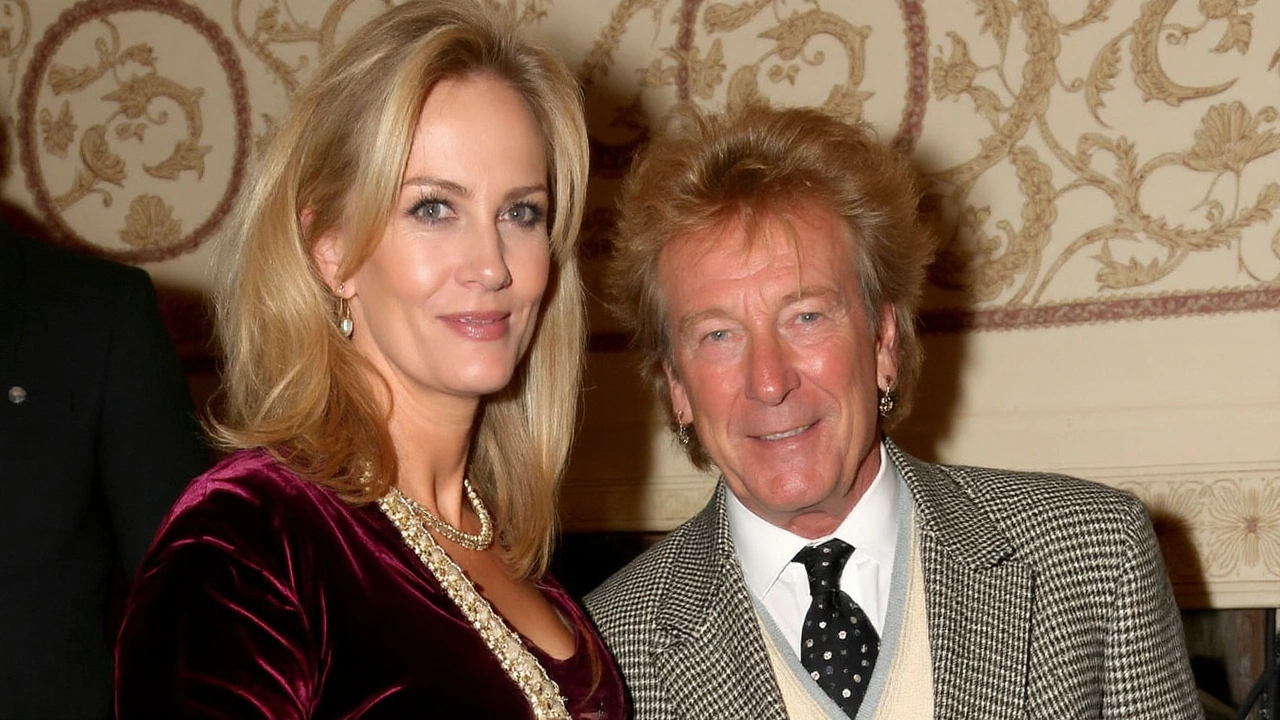Lockdown and Sports: What Happened in Tayside & Fife?
When the pandemic hit, gyms shut doors, pitches went quiet, and fans stayed home. It felt like the whole sporting world hit pause. But the pause sparked a lot of creativity. Local clubs in Tayside and Fife found new ways to keep players fit, fans engaged, and community spirit alive.
First off, many teams moved training online. Coaches set up Zoom sessions, shared YouTube workouts, and used fitness apps to track progress. It wasn’t the same as a muddy boot camp, but it let players stay in shape and stay connected. If you missed that personal touch, you weren’t alone – most clubs admitted they struggled to keep the energy up through a screen.
Home Workouts That Really Worked
One surprising winner was the rise of short, high‑intensity home circuits. A lot of clubs posted 20‑minute routines that needed no equipment – just a mat and a wall. Players loved the quick bursts because they could fit them into busy days and still feel the burn. If you’re looking for ideas, try a mix of jumping jacks, body‑weight squats, and planks. Do three rounds, rest 30 seconds, and repeat. It’s simple, but it hits most muscle groups and keeps the heart rate up.
Parents also got involved. Kids doing soccer drills in the backyard or basketball shooting drills in the garage turned living rooms into mini‑arenas. This family‑focused approach helped keep the love of sport alive, even when stadiums were empty.
Virtual Fans and Community Spirit
Fans missed the roar of crowds, so clubs turned to livestreams. Matches were streamed on social media with commentary, and fans could type in questions live. Some clubs even organized virtual watch parties where supporters met on Discord to cheer together. The sense of belonging didn’t disappear; it just moved online.
Local charities also stepped up. Sports clubs partnered with food banks, offering free exercise classes in exchange for donations. It turned lockdown into a chance to give back while staying active. If you’re part of a club, consider a similar idea – a “move for meals” challenge can boost morale and help the community.
When restrictions eased, the biggest lesson was flexibility. Clubs kept hybrid training models – in‑person sessions for those who wanted them, plus online options for anyone still working from home. This mix allowed more people to stay involved year‑round, not just during the season.
Looking ahead, expect some of these changes to stay. Expect more online coaching modules, regular virtual fan events, and community‑focused fitness challenges. The lockdown forced everyone to think outside the box, and many of those ideas actually improve the sport experience.
If you’re wondering how to stay prepared for any future disruptions, consider three simple steps: keep a basic home‑workout kit, follow your club’s social media for updates, and sign up for any virtual events they host. That way, you’ll stay fit, stay connected, and won’t be caught off guard if another pause comes.
Lockdown may have closed stadium doors, but it opened a lot of new doors for training, community, and creativity. Embrace the tools and habits you picked up – they’ll keep Tayside and Fife sports thriving no matter what comes next.

- Sep 24, 2025
- Finnegan Westbrook
- 0 Comments
Penny Lancaster’s Menopause Breakdown During Lockdown
TV personality Penny Lancaster opened up about a dramatic emotional collapse during the COVID‑19 lockdown, when she threw dinner plates at the kitchen walls and fell to the floor. She first thought she was depressed, but later realized the outburst stemmed from untreated menopause. The story, shared on Loose Women: The Podcast, shines a light on how hormonal shifts can masquerade as other mental health issues, especially in high‑stress home environments.